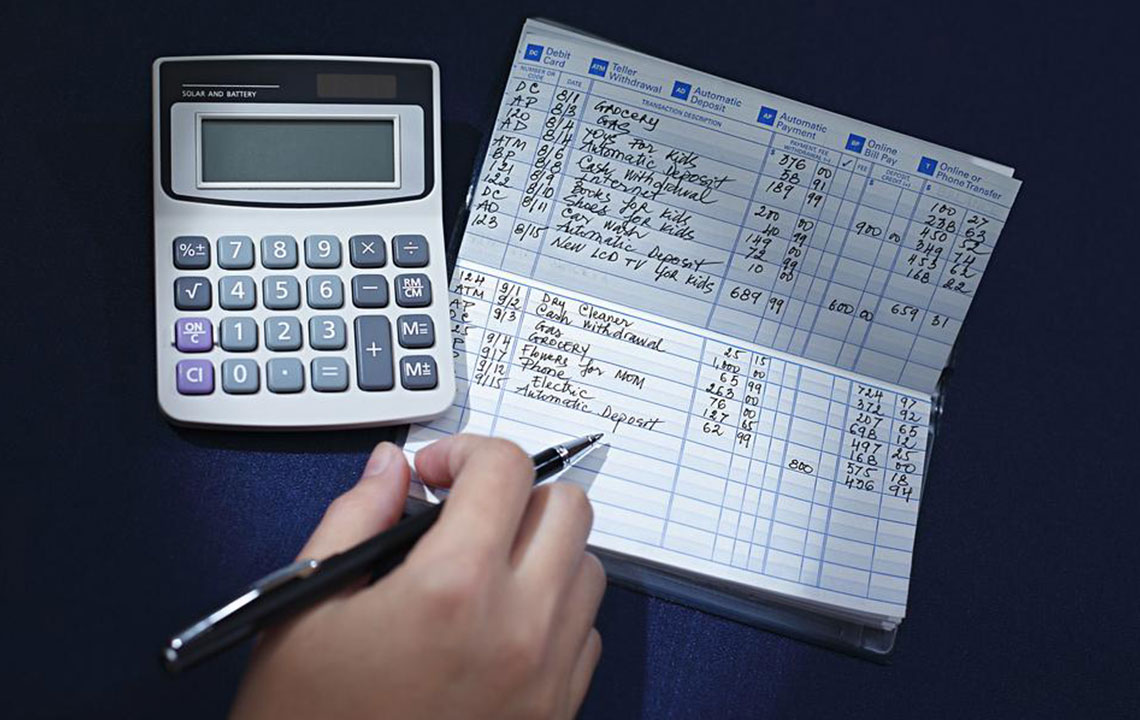Comprehensive Guide to Opening and Managing a Checking Account for Financial Security and Convenience
A comprehensive guide on opening and managing checking accounts, highlighting their benefits, key considerations, and how they enhance financial security and convenience. Ideal for individuals seeking efficient ways to handle daily finances, with tips on choosing the right account and understanding fees. Perfect for beginners and those looking to optimize their banking experience.

The Advantages and Essential Aspects of Checking Accounts
In our ever-evolving financial world, having a checking account has become an indispensable part of managing day-to-day transactions efficiently. Whether you're handling personal expenses, managing a student budget, operating a joint account with a partner, or overseeing business finances, a checking account provides the foundation for smooth financial operations. Opening a checking account is a simple, often hassle-free process that can frequently be completed online at minimal or no cost, making it accessible to nearly everyone.
While checking accounts generally do not accrue interest like savings accounts, their unmatched convenience and security make them a critical financial tool. Modern banking institutions, both traditional and online, offer a variety of free checking account options designed to meet diverse needs, ensuring that access to your funds is always within reach.
Key Considerations Before Opening a Checking Account
Prior to choosing a checking account, it's vital to understand the fee structures involved. Overdraft charges, monthly maintenance fees for low balances, charges for exceeding check limits, and fees for using out-of-network ATMs can quickly add up, impacting your overall financial planning. Being aware of these potential costs helps you select the most cost-effective account tailored to your needs.
In addition, leveraging Electronic Fund Transfers (EFT) allows you swift access to your money through direct deposits and payments, streamlining your financial activities. However, it's important to note that using ATMs outside your bank's network may involve additional fees, so understanding your bank's ATM policy is advisable.
The Benefits of Maintaining a Checking Account
Enhanced Financial Management: A checking account enables you to track your expenditures effortlessly. Regular bank statements serve as vital tools for budgeting and financial analysis, helping you identify spending patterns and plan accordingly.
Wide Accessibility: Almost all financial institutions offer checking accounts, many with free or low-cost options, and the digital setup process ensures immediate access without lengthy procedures.
Improved Security: Keeping your funds in a checking account safeguards them from theft, loss, or damage that cash might be susceptible to. Banking platforms employ robust security measures to keep your money protected.
Government Insurance Coverage: Deposit insurance provided by federal agencies (like FDIC in the United States) insures your funds up to specified limits, offering peace of mind and financial stability.
Debit Card Functionality: Most checking accounts include a debit card that facilitates cashless transactions, including online shopping, bill payments, and point-of-sale purchases, adding to your financial convenience.
In conclusion, having a checking account not only simplifies your financial management but also enhances security and provides various access options tailored to modern banking needs. If you're still without one, now is an excellent time to consider opening an account that suits your lifestyle and financial goals. Embrace the benefits of smart banking to secure your financial future and streamline your everyday transactions.





